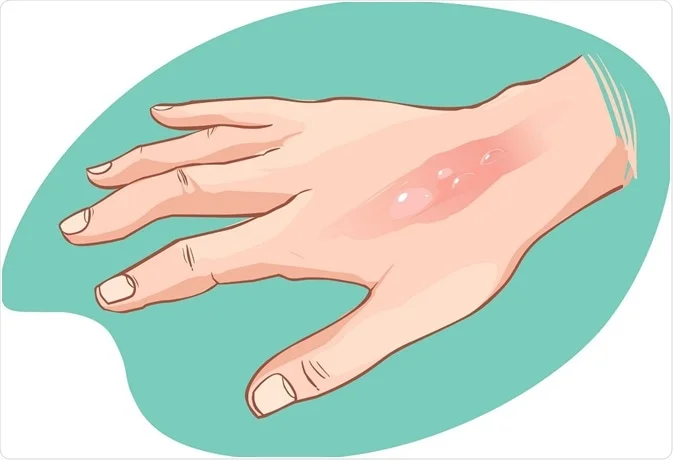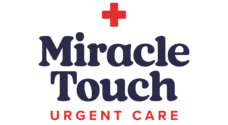
Urgent Care for Burns: Quick Treatment and Recovery Guide
Understanding Burns and Their Severity
Burns can occur from heat, chemicals, electricity, or radiation. Proper treatment depends on the severity of the burn. Recognizing the degree of burns helps in seeking the right urgent care.
First-Degree Burns
These are mild and affect only the outer skin layer. Symptoms include redness, swelling, and pain. Applying cool water and aloe vera can provide relief.
Second-Degree Burns
These penetrate deeper, causing blisters, severe pain, and swelling. Immediate medical attention is necessary to prevent infection and promote healing.
Third-Degree Burns
These are the most severe, damaging all skin layers and underlying tissues. The affected area may appear white or charred. Emergency care is required to prevent complications.
Immediate First Aid for Burns
Cool the Burn
Run cool (not cold) water over the affected area for at least 10 minutes. Avoid using ice, as it can worsen tissue damage.
Protect the Burned Area
Cover it with a clean, non-stick bandage to prevent infection. Avoid popping blisters, as they protect the skin.
Pain Management
Over-the-counter pain relievers like ibuprofen help reduce discomfort and swelling. Hydration also speeds up recovery.
When to Seek Urgent Care for Burns
Large or deep burns
Burns on the face, hands, feet, or genitals
Signs of infection like pus, increased pain, or fever
Difficulty breathing due to smoke inhalation
Treatment at an Urgent Care Center
Medical professionals assess the burn and provide treatment, including:
Cleaning and dressing to prevent infection
Pain management through medications
Antibiotics for infected burns
Referrals to specialists for severe cases
Preventing Burns at Home
Keep hot liquids away from children.
Use protective gear when handling chemicals.
Install smoke detectors and check them regularly.
Burns require quick action to prevent complications. Understanding burn types, applying first aid, and seeking urgent care when necessary ensure a safe recovery. If in doubt, visit an urgent care center for professional evaluation and treatment.
